Search
Research
Serum 25-hydroxyvitamin D concentrations and cardiometabolic risk factors in adolescents and young adultsAssociations between serum 25(OH)D concentrations and cardiometabolic risk factors from adolescence to young adulthood in the Raine Study
Research
Self-Reported Changes in Sun-Protection Behaviors at Different Latitudes in AustraliaThe strongest determinants of self-reported sun-protection behavior changes due to concerns about vitamin D were attitudes and location
Research
Heat-mediated reduction of apoptosis in UVB-damaged keratinocytes in vitro and in human skin ex vivoUVB-induced p53-mediated cell cycle arrest and apoptosis are reduced in the presence of heat stress, leading to increased survival of DNA damaged cells
Research
Tightrope walking: Using predictors of 25 (OH)D concentration based on multivariable linear regression to infer associations with health risksThe approach of predicted 25 (OH)D concentration derived from multivariable linear regression may be valid..
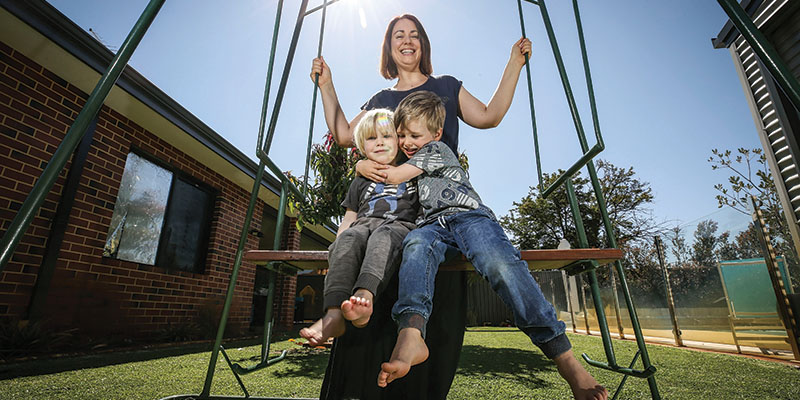
News & Events
Sunny outlook for allergy-prone bubFelix was one of 195 children to take part in Dr Debbie Palmer’s research into sunlight exposure, vitamin D and eczema.
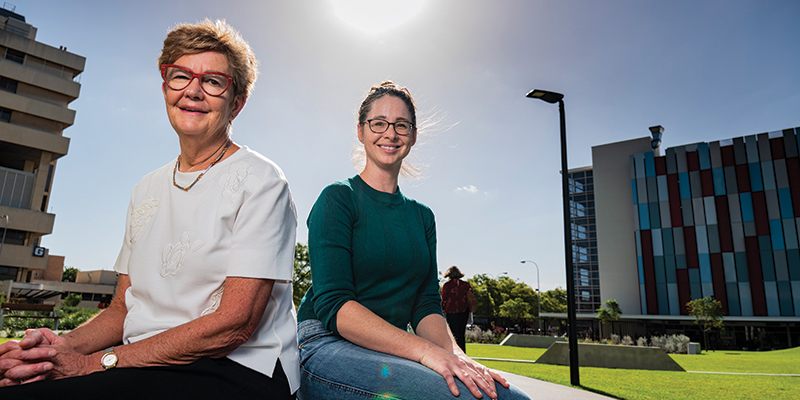
News & Events
Let the sun shine inFor decades Aussies have been told to minimise sun exposure to prevent skin cancer - now researchers at Telethon Kids are challenging that message.
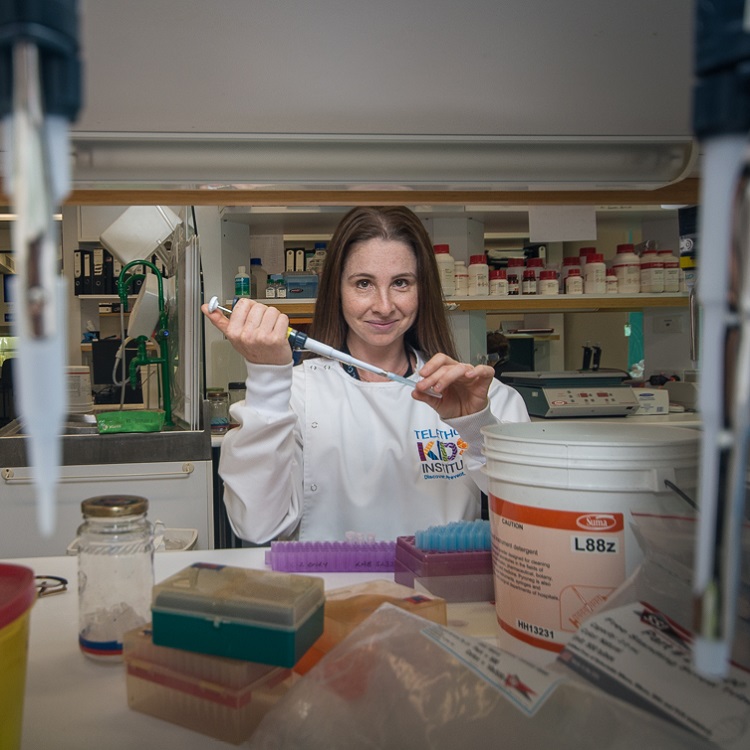
News & Events
Government funding for innovative sun safety online tool for teensThe Kids researcher Dr Shelley Gorman has received a Healthway grant to develop an online tool to promote safe sun behaviours to teenagers.
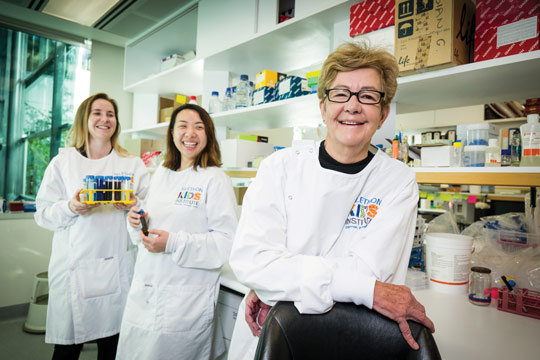
News & Events
UV and Vitamin DResearchers at The Kids Research Institute Australia are continuing to hone in on the effects of ultraviolet radiation and vitamin D on the immune system.
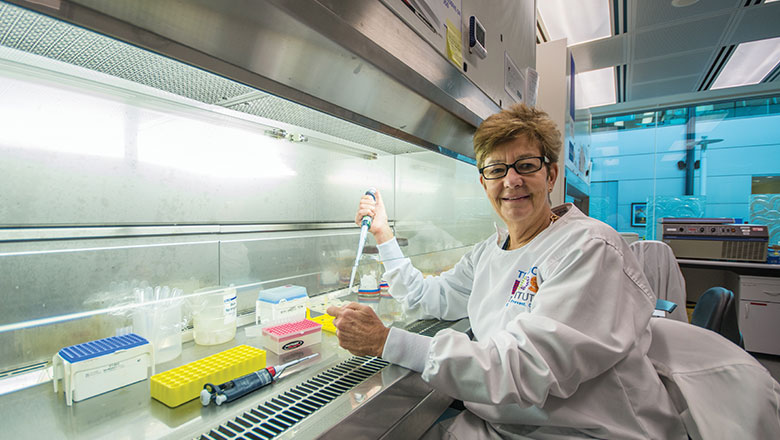
News & Events
Sun safe: balancing the risks and benefitsThe D-Light program, set up in 2014, aims to shed light on the amount of sun exposure that will promote good health in children and adolescents.
News & Events
Research symposium to hear how sunscreens proved no threat to vitamin D production in recent European studyLeading international and national experts will gather at The Kids Research Institute Australia on Friday for a D-Light Research Symposium.
